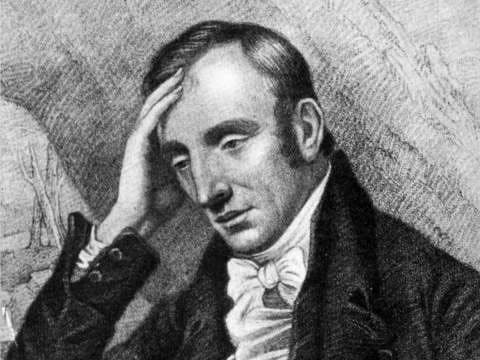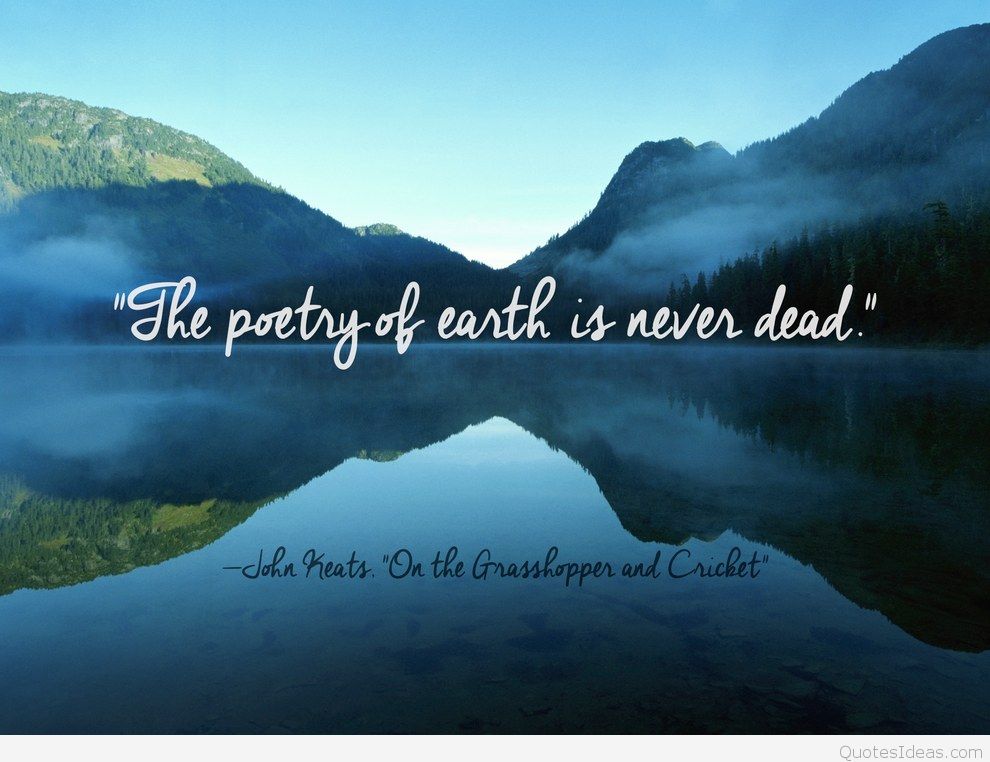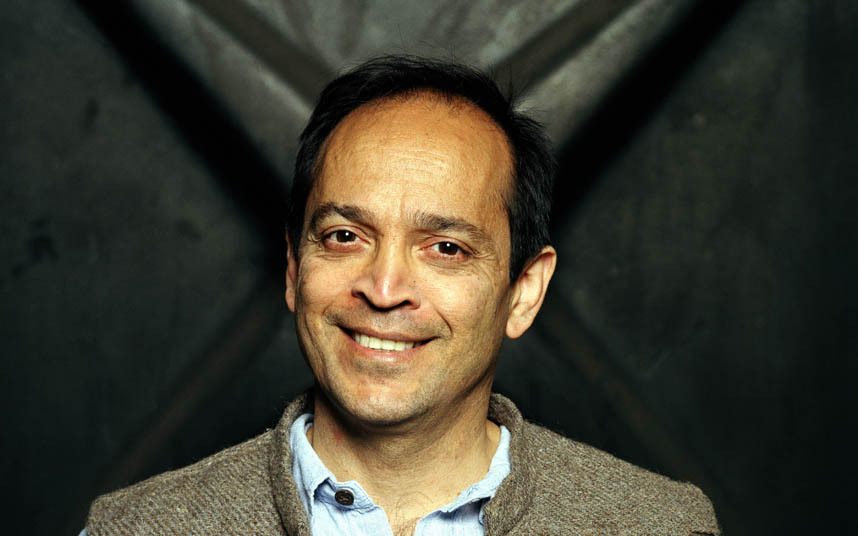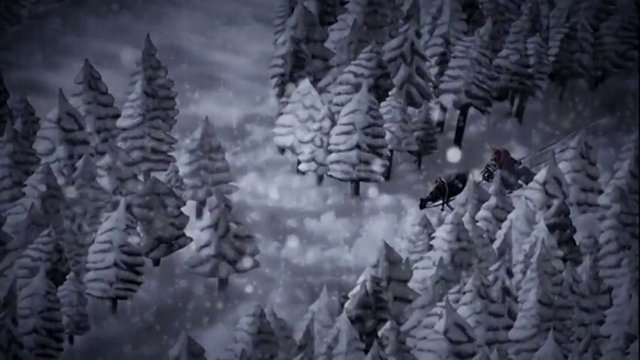About the poet: René Karl Wilhelm Johann Josef Maria Rilke also called Rainer Maria Rilke, was a Bohemian-Austrian writer. Conceived on 4th December,1875, Rilke was the only child of a German-talking family in Prague, then piece of the Austro-Hungarian empire. He was generally perceived as a standout amongst the most expressively extreme German-dialect artists writing in both verse and profoundly expressive exposition. In 1897, Rilke went to Russia, which denoted the genuine start of his initial works. His first extraordinary work, Das Stunden Buch (The Book of Hours), showed up in 1905. But Paris would serve as the geographic focus of his life, where he first started to add to another style of expressive verse, affected by the visual expressions. Rilke communicated thoughts with “physical instead of scholarly images. Rilke thinks about the human regarding the non-human, of what he calls Things (Dinge).”
Besides this system, the other imperative part of Rilke’s compositions was the advancement of his reasoning, which came to a peak in Duineser Elegien ( Duino Elegies ) and Die Sonette an Orpheus (Sonnets to Orpheus). Dismissing the Catholic convictions of his guardians and additionally Christianity by and large, the writer endeavoured for the duration of his life to accommodate magnificence and enduring, life and demise, into a single reasoning. His reputation has consistently grown since his passing away on December 29 1926, and he is now viewed as an expert of verse.
About the poem: You Who Never Arrived is a poem of Rilke that is based upon his personal view that a man never finds his one true love in his lifetime. He talks about his Beloved who is within him, but constantly eludes him. Despite his longing for her, he has accepted the fact that he will never find her. In the conclusion of the poem he says that he knows that his Beloved is out there, somewhere looking for him just the way he is looking for her. But, every time fate intercepts in such a manner that every time they come tantalisingly close to each other, he loses her.
Mood, Setting of the poem:
The mood of the poet is one where he longs for his Beloved, but has also accepted the fact that she is forever going to remain elusive to him. He mourns that despite being so close to her he still can’t meet her. The poet is sombre as he knows that his want is going to remain unfulfilled. He has accepted his fate but he still dreams about his Beloved as he believes that she is out there, somewhere.
Annotations: Line by Line Meaning of You Who Never Arrived
Stanza 1
Beloved- Loved one
Surging wave of the next moment- Gushing force of the upcoming moment
Immense images in me- massive pictures drawn within me
Pulsing- alive
The life of the gods- an eternal, immortal living, larger than life
Unsuspected- unforeseen
Elude- escape from me
Stanza 2
Pensive- introspective, lost in deep thoughts
Chanced upon- happened to be upon
Dizzy with your presence- not yet over your presence
Too-sudden- abrupt
You Who Never Arrived Summary
Stanza 1
You who never arrived
in my arms, Beloved, who were lost
from the start,
I don’t even know what songs
would please you. I have given up trying
to recognize you in the surging wave of
the next moment. All the immense
images in me — the far-off, deeply-felt
landscape, cities, towers, and bridges, and
unsuspected turns in the path,
and those powerful lands that were once
pulsing with the life of the gods–
all rise within me to mean
you, who forever elude me.
Rilke addresses this poem to his beloved. He laments the fact that his Beloved is elusive and he wonders what he could ever do catch her. The poet muses on all the occasions upon which he and his beloved never met, but nevertheless, he expresses his desire to meet her and recounts occasions when he tried to please her so that she would finally appear to him. He says his lover was lost from the start. This tells us that he has never met his lover thus; it is not a case of lost and found, but one of hide and seek where he is continuously trying to find his beloved. Personally, the poet doesn’t know his beloved that well, since he doesn’t know what songs will please her. This tells the reader that the poet doesn’t know about the personal interests of his beloved.
So unsuccessful he has been in finding her that the poet has stopped trying to look for her in the ever-changing times. Everything that the poet is made up of, the whole world of landscapes, cities and towers that lie within him mean nothing but his Beloved. He says that his elusive Beloved is what his soul is constructed of. Her presence inside him is so powerful that it gives rise to whole superstructures within him. She makes his world and fills it to the brim with power, such that it is like a powerful land that is alive with the life of the gods; indicating eternity and immortality.
Stanza 2:
You, Beloved, who are all
the gardens I have ever gazed at,
longing. An open window
in a country house– , and you almost
stepped out, pensive, to meet me.
Streets that I chanced upon,–
you had just walked down them and vanished.
And sometimes, in a shop, the mirrors
were still dizzy with your presence and,
startled, gave back my too-sudden image.
Who knows? Perhaps the same
bird echoed through both of us
yesterday, separate, in the evening…
Rilke takes the second stanza to elucidate upon his Beloved’s elusive nature. He analogises her with gardens that he has gazed at with longing, but has never been able to own them. Equating her with a garden projects his Beloved as a picture of peace, tranquillity and beauty. Described as the open window of a country house, his Beloved is available, but unapproachable. She is very close to him, lost in her own musings, desires to meet him, but steps back in the very last moment. Her evasive nature makes it impossible to track her. The poet realises while walking on unexpected streets that his Beloved has just walked upon the same path, but he has again missed her by a heartbeat.
Even when the poet walks into shops and notices the mirrors, you knows that they viewed his Beloved just before reflecting back his image. His reflection appears too sudden, too abrupt, like it doesn’t belong alone, but is complete with his Beloved who has again vanished even after coming this tantalisingly close. In conclusion the poet is musing to himself that perhaps the same voice speaks within them and tells them the same things, perhaps they both are looking for each other and running around in circles, out of reach of the other. Despite the echo within them being the same, they are not together and remain separate and perennially shifty. Click here to continue with the detailed analysis of You Who Never Arrived.
Some online learning platforms provide certifications, while others are designed to simply grow your skills in your personal and professional life. Including Masterclass and Coursera, here are our recommendations for the best online learning platforms you can sign up for today.
The 7 Best Online Learning Platforms of 2022
- Best Overall: Coursera
- Best for Niche Topics: Udemy
- Best for Creative Fields: Skillshare
- Best for Celebrity Lessons: MasterClass
- Best for STEM: EdX
- Best for Career Building: Udacity
- Best for Data Learning: Pluralsight














Nice website, the summary was really helpful for preparation of my upcoming exams.. ☺☺☺☺☺?????